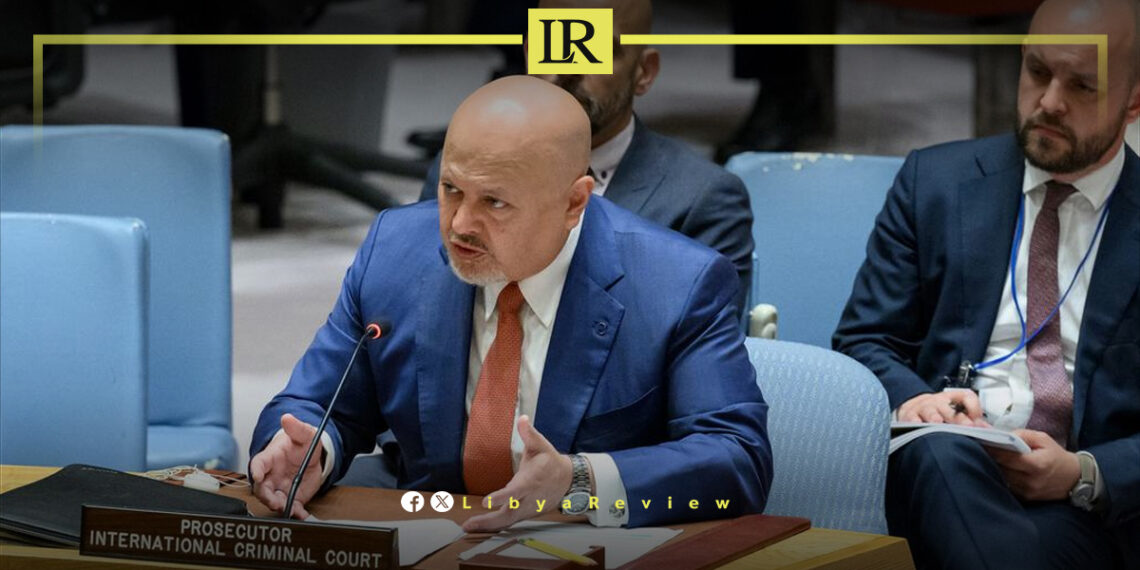On Thursday, the International Criminal Court (ICC) Prosecutor Karim Khan told the United Nations Security Council that the court is actively tracking several militia leaders in both eastern and western Libya, based on credible evidence linking them to serious human rights violations.
In his briefing on Libya, Khan said these leaders are being pursued for crimes including torture, illegal detention, and abuse in secret facilities.
Khan urged Libya’s Prosecutor General, Al-Siddiq Al-Sour, to cooperate with the ICC, particularly in the case of Osama Najim.
Al-Najim, previously subject to an arrest warrant, reportedly fled through Italy back to Libya and has since evaded justice. The ICC has confirmed that his overseas assets, including £12 million in the United Kingdom, have been frozen.
ICC Prosecutor praised the decision by Prime Minister Abdulhamid Dbaiba to dismiss Al-Najim and dissolve the Special Deterrence Force, describing the move as “a critical step toward restoring accountability.”
He added that the ICC has coordinated with the Government of National Unity (GNU) to address abuses in secret detention centers operated by the force.
The prosecutor confirmed that the court has video footage, witness statements, social media evidence, and civil society reports documenting crimes committed in these facilities. He also confirmed the authenticity of leaked videos showing lawmaker Ibrahim Al-Drisi in detention, and called for full transparency and justice in his case.
Significantly, Khan announced that Libya has formally agreed to extend ICC jurisdiction to cover crimes committed between 2011 and 2027, a breakthrough he described as “decisive for justice and accountability.”
Khan referred to Libya as “a black box of suffering on the shores of the Mediterranean,” and warned that unless the cycle of impunity is broken, abuses will continue. He pledged that the court would soon issue additional arrest warrants targeting perpetrators across the country.
Khan concluded by emphasizing that justice in Libya must not be selective, and that those responsible, regardless of political or regional affiliation, will be held accountable.


